Code
HCS29985
Weight
175 gm / 0.39 lbs
Size
Height
56cm (22") Width
40cm (16") Material
Cotton Canvas & Natural Color
Availability
Available

Safe Payment
We accept Paypal, Money Transfer, Bank Transfer
Confidence
Protection covers your purchase and personal data.
Worldwide Delivery
We ship Worldwide, except Russia.Shipping cost US$25.2 for upto 0.5 kgs

Hotline
Talk to help line for your question on 9841267335Use of Real Gold
This thangka of Vajravarahi - Dorje Phagmo Yogini, Buddhist Handmade Thangka Painting, [real Gold], Rigjeyma, Pema Khandro, Wangyi Lhamo, Red Tara has real gold painted on its surface along with other paints. This is an ancient process of decorating the thangka in Tibetan Buddhism, Here gold is ground into gold dust, which is then mixed with other undisclosed material to make it paintable on the canvas. this mixture is then mixed with transparent glue and painted on the thangka. Read More . . .
This thangka of Vajravarahi - Dorje Phagmo Yogini, Buddhist Handmade Thangka Painting, [real Gold], Rigjeyma, Pema Khandro, Wangyi Lhamo, Red Tara has real gold painted on its surface along with other paints. This is an ancient process of decorating the thangka in Tibetan Buddhism, Here gold is ground into gold dust, which is then mixed with other undisclosed material to make it paintable on the canvas. this mixture is then mixed with transparent glue and painted on the thangka. Read More . . .
Introduction to Thangka
A thangka, also known as tangka, thanka, or tanka, is a vibrant and intricate Tibetan Buddhist painting that serves as a visual representation of spiritual teachings. Crafted with meticulous detail on cotton or silk appliqué, thangkas depict a wide range of subjects including Buddhist deities, sacred scenes, mandalas, and narrative stories. These sacred artworks are traditionally kept unframed and rolled up for storage, resembling ancient scrolls. To protect their delicate nature, thangkas are mounted on textile backings and often adorned with a silk cover on the front. Proper preservation in dry environments is crucial to maintain the integrity and longevity of the silk. Read More . . .
A thangka, also known as tangka, thanka, or tanka, is a vibrant and intricate Tibetan Buddhist painting that serves as a visual representation of spiritual teachings. Crafted with meticulous detail on cotton or silk appliqué, thangkas depict a wide range of subjects including Buddhist deities, sacred scenes, mandalas, and narrative stories. These sacred artworks are traditionally kept unframed and rolled up for storage, resembling ancient scrolls. To protect their delicate nature, thangkas are mounted on textile backings and often adorned with a silk cover on the front. Proper preservation in dry environments is crucial to maintain the integrity and longevity of the silk. Read More . . .
Brief Introduction :
Vajravarahi, also known as Dorje Phagmo, is a prominent deity in Tibetan Buddhism. She is revered as a fierce and powerful manifestation of enlightened wisdom and compassion. Vajravarahi is often depicted as a wrathful deity, symbolizing the transformative energy needed to overcome obstacles and delusions on the path to enlightenment. She holds a skull cup filled with blood, representing the transformation of negative emotions into wisdom nectar, and a curved knife, symbolizing the cutting through of ignorance and dualistic thinking. With her fierce appearance, Vajravarahi represents the intensity and determination required to face and transcend the challenges of existence. Devotees turn to Vajravarahi for protection, healing, and spiritual transformation.
Iconography:
Vajravarahi is typically depicted as a red or dark blue deity with one face and two or four arms. She has a wrathful expression with fangs, a crown of skulls, and a third eye symbolizing her wisdom. Vajravarahi's primary hands hold a skull cup filled with blood, and a curved knife, while her secondary hands may hold various symbolic objects such as a vajra (thunderbolt), trident, or lotus. She stands on a prostrate figure representing ignorance and ego, and often has a garland of severed heads adorning her body.
History:
Vajravarahi has a rich history within Tibetan Buddhism. Her origins can be traced back to ancient Indian goddesses like Chinnamasta and Vajrayogini. Vajravarahi's practice was integrated into the Tibetan Buddhist tradition through the teachings of Indian masters like Naropa and Marpa, and later transmitted by Tibetan masters such as Milarepa and Tsongkhapa. Her practice became particularly prevalent in the Kagyu, Sakya, and Nyingma traditions of Tibetan Buddhism, where she is considered a key deity within the inner tantric practices.
Temples and Monasteries:
Vajravarahi is highly venerated in numerous temples and monasteries throughout the world. While there may not be a specific temple dedicated solely to Vajravarahi in Nepal, she is worshipped in several Tibetan Buddhist monasteries and retreat centers within the country. Some notable temples and monasteries associated with Vajravarahi can be found in other parts of the world, such as the Nalanda Temple in France, Samye Ling Monastery in Scotland, and Kopan Monastery in Nepal.
Benefits of Practicing Vajravarahi:
The practice of Vajravarahi offers various benefits to its practitioners. By connecting with her fierce energy, devotees can transform negative emotions into wisdom and compassion. Vajravarahi's practice is believed to purify negative karma, protect against obstacles, and grant spiritual realization. Devotees seek her blessings for healing physical ailments, overcoming fear and obstacles, and attaining spiritual liberation. Through her practice, practitioners aim to develop clarity of mind, inner strength, and the ability to skillfully navigate the challenges of life.
How to Practice:
The practice of Vajravarahi is typically taught as an advanced tantric practice within the Tibetan Buddhist tradition. It requires receiving empowerment (initiation) from a qualified teacher and engaging in specific rituals, visualizations, and mantra recitations. The practice often involves meditation on Vajravarahi's form, reciting her mantra, and engaging in deity yoga, which involves visualizing oneself as the deity. To embark on this practice, it is essential to seek guidance from an experienced teacher who can provide proper instructions and support.
Mantras of Vajravarahi:
The mantra associated with Vajravarahi is:
"OM BENZAR VAJRA KILI KILIYA SARVA BIGHANEN BAM HUM PHAT"
Reciting this mantra with devotion and understanding is believed to invoke the blessings and protection of Vajravarahi. The mantra can be chanted as part of the deity's practice or recited individually for specific purposes such as purification, removing obstacles, and cultivating inner strength. It is recommended to receive proper guidance from a qualified teacher to ensure accurate pronunciation and understanding of the mantra's meaning.
Vajravarahi is typically depicted as a red or dark blue deity with one face and two or four arms. She has a wrathful expression with fangs, a crown of skulls, and a third eye symbolizing her wisdom. Vajravarahi's primary hands hold a skull cup filled with blood, and a curved knife, while her secondary hands may hold various symbolic objects such as a vajra (thunderbolt), trident, or lotus. She stands on a prostrate figure representing ignorance and ego, and often has a garland of severed heads adorning her body.
History:
Vajravarahi has a rich history within Tibetan Buddhism. Her origins can be traced back to ancient Indian goddesses like Chinnamasta and Vajrayogini. Vajravarahi's practice was integrated into the Tibetan Buddhist tradition through the teachings of Indian masters like Naropa and Marpa, and later transmitted by Tibetan masters such as Milarepa and Tsongkhapa. Her practice became particularly prevalent in the Kagyu, Sakya, and Nyingma traditions of Tibetan Buddhism, where she is considered a key deity within the inner tantric practices.
Temples and Monasteries:
Vajravarahi is highly venerated in numerous temples and monasteries throughout the world. While there may not be a specific temple dedicated solely to Vajravarahi in Nepal, she is worshipped in several Tibetan Buddhist monasteries and retreat centers within the country. Some notable temples and monasteries associated with Vajravarahi can be found in other parts of the world, such as the Nalanda Temple in France, Samye Ling Monastery in Scotland, and Kopan Monastery in Nepal.
Benefits of Practicing Vajravarahi:
The practice of Vajravarahi offers various benefits to its practitioners. By connecting with her fierce energy, devotees can transform negative emotions into wisdom and compassion. Vajravarahi's practice is believed to purify negative karma, protect against obstacles, and grant spiritual realization. Devotees seek her blessings for healing physical ailments, overcoming fear and obstacles, and attaining spiritual liberation. Through her practice, practitioners aim to develop clarity of mind, inner strength, and the ability to skillfully navigate the challenges of life.
How to Practice:
The practice of Vajravarahi is typically taught as an advanced tantric practice within the Tibetan Buddhist tradition. It requires receiving empowerment (initiation) from a qualified teacher and engaging in specific rituals, visualizations, and mantra recitations. The practice often involves meditation on Vajravarahi's form, reciting her mantra, and engaging in deity yoga, which involves visualizing oneself as the deity. To embark on this practice, it is essential to seek guidance from an experienced teacher who can provide proper instructions and support.
Mantras of Vajravarahi:
The mantra associated with Vajravarahi is:
"OM BENZAR VAJRA KILI KILIYA SARVA BIGHANEN BAM HUM PHAT"
Reciting this mantra with devotion and understanding is believed to invoke the blessings and protection of Vajravarahi. The mantra can be chanted as part of the deity's practice or recited individually for specific purposes such as purification, removing obstacles, and cultivating inner strength. It is recommended to receive proper guidance from a qualified teacher to ensure accurate pronunciation and understanding of the mantra's meaning.


![Vajravarahi - Dorje Phagmo Yogini, Buddhist Handmade Thangka Painting, [real Gold], Rigjeyma, Pema Khandro, Wangyi Lhamo, Red Tara](https://handicraftseller.com/uploads/pics/product/thumb/2023/07/29985_1.jpg)
![Vajravarahi - Dorje Phagmo Yogini, Buddhist Handmade Thangka Painting, [real Gold], Rigjeyma, Pema Khandro, Wangyi Lhamo, Red Tara](https://handicraftseller.com/uploads/pics/product/thumb/2023/07/29985_2.jpg)
![Vajravarahi - Dorje Phagmo Yogini, Buddhist Handmade Thangka Painting, [real Gold], Rigjeyma, Pema Khandro, Wangyi Lhamo, Red Tara](https://handicraftseller.com/uploads/pics/product/thumb/2023/07/29985_3.jpg)
![Vajravarahi - Dorje Phagmo Yogini, Buddhist Handmade Thangka Painting, [real Gold], Rigjeyma, Pema Khandro, Wangyi Lhamo, Red Tara](https://handicraftseller.com/uploads/pics/product/thumb/2023/07/29985_4.jpg)
![Vajravarahi - Dorje Phagmo Yogini, Buddhist Handmade Thangka Painting, [real Gold], Rigjeyma, Pema Khandro, Wangyi Lhamo, Red Tara](https://handicraftseller.com/uploads/pics/product/thumb/2023/07/29985_5.jpg)
![Vajravarahi - Dorje Phagmo Yogini, Buddhist Handmade Thangka Painting, [real Gold], Rigjeyma, Pema Khandro, Wangyi Lhamo, Red Tara](https://handicraftseller.com/uploads/pics/product/thumb/2023/07/29985.jpg)
![Vajravarahi - Dorje Phagmo Yogini, Buddhist Handmade Thangka Painting, [real Gold], Rigjeyma, Pema Khandro, Wangyi Lhamo, Red Tara](https://handicraftseller.com/uploads/pics/product/thumb/2023/07/29985_0.jpg)
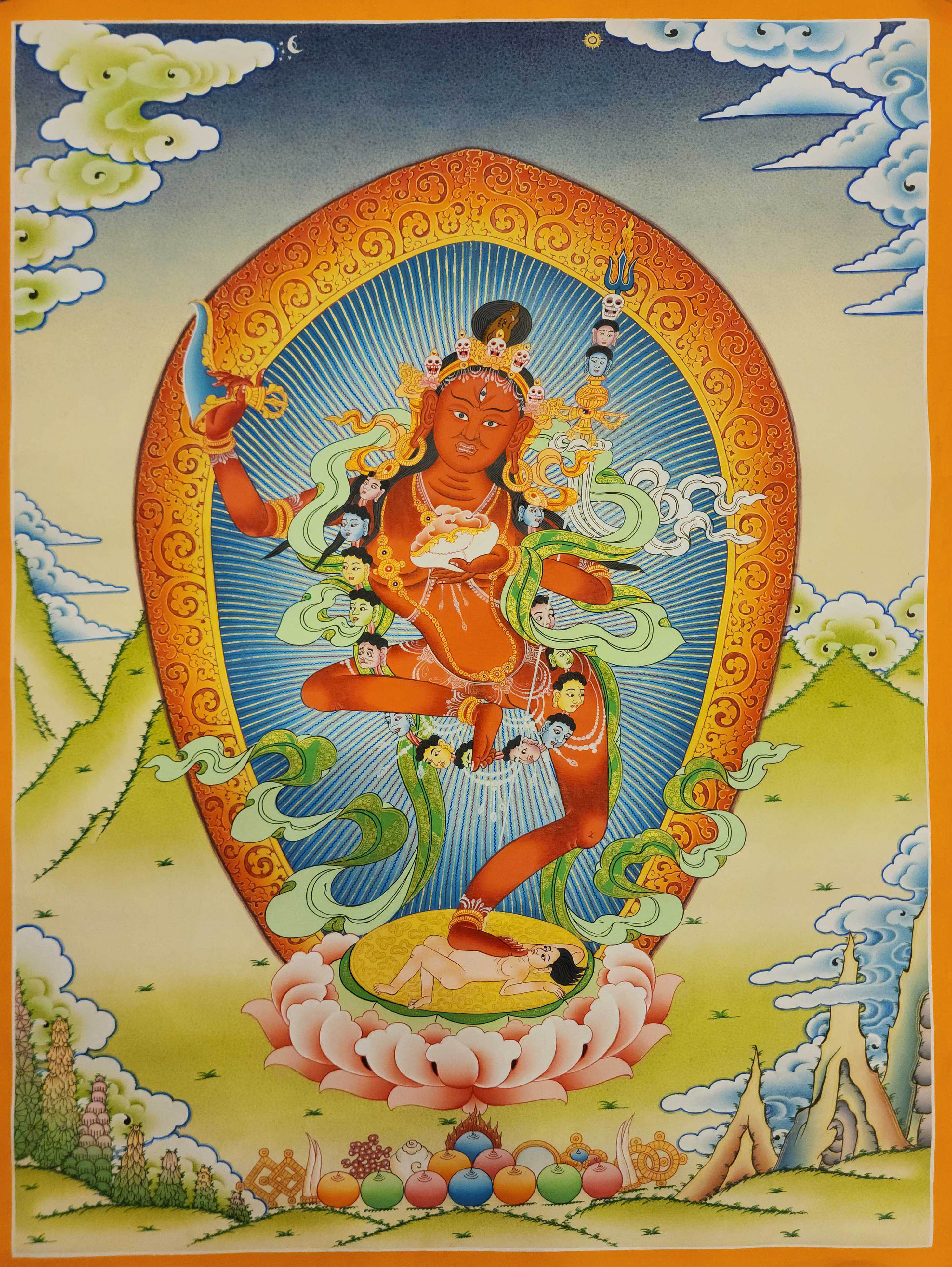









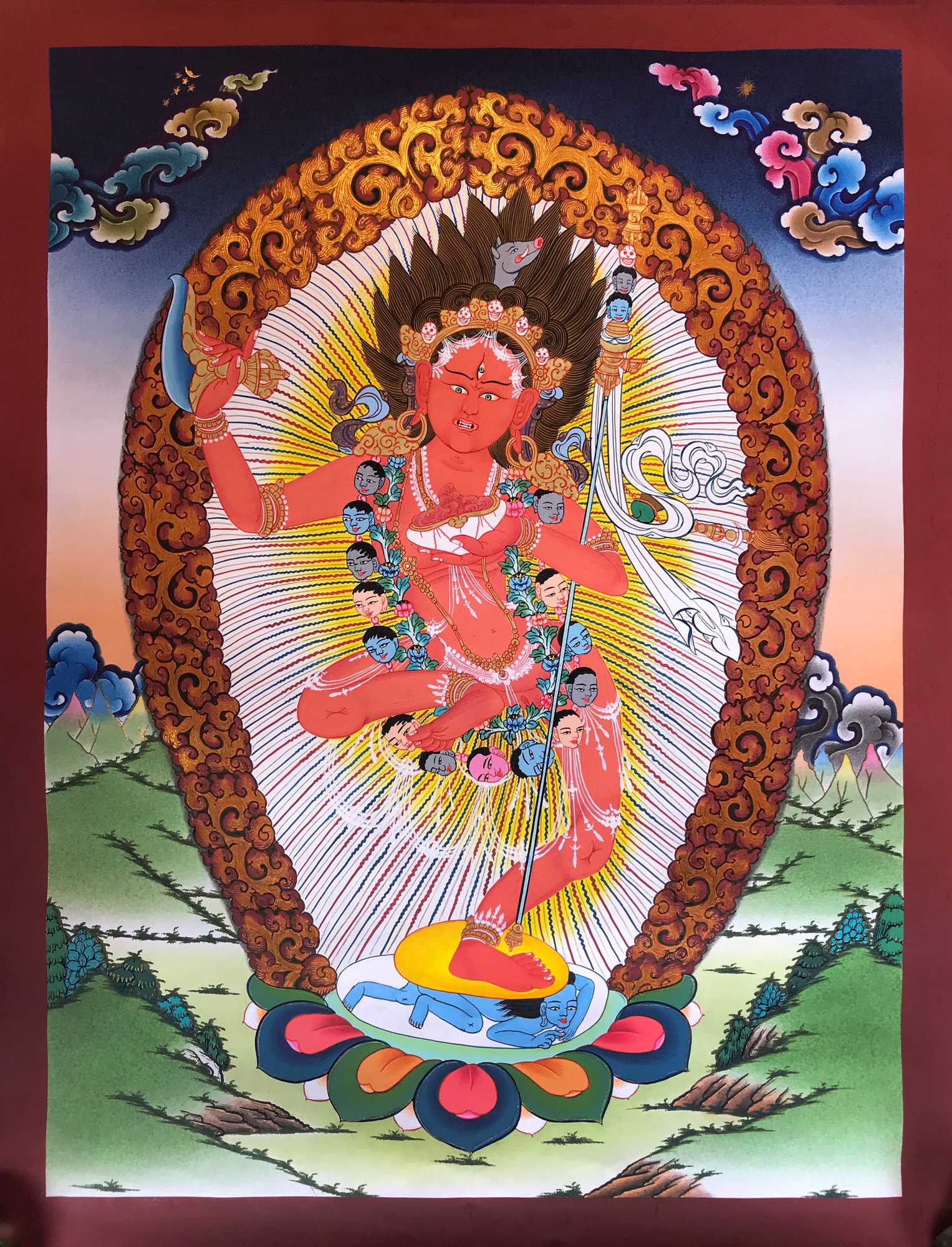 of Vajravarahi - Dorje Phagmo Yogini,traditional Color,
of Vajravarahi - Dorje Phagmo Yogini,traditional Color, 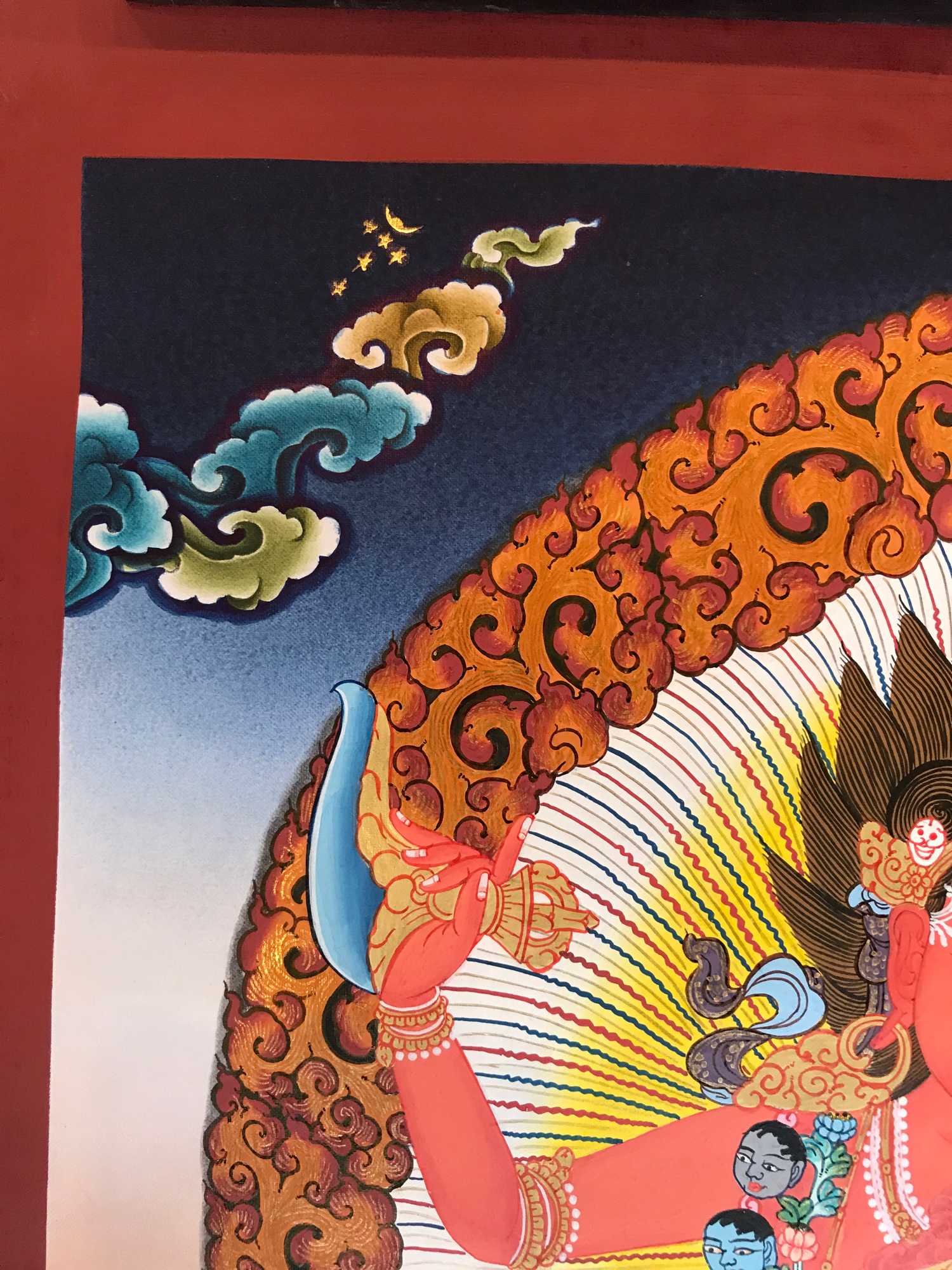 of Vajravarahi - Dorje Phagmo Yogini,traditional Color,
of Vajravarahi - Dorje Phagmo Yogini,traditional Color,  Real Gold" title="Vajravarahi - Dorje Phagmo, Buddhist Handmade Thangka Painting,
Real Gold" title="Vajravarahi - Dorje Phagmo, Buddhist Handmade Thangka Painting, 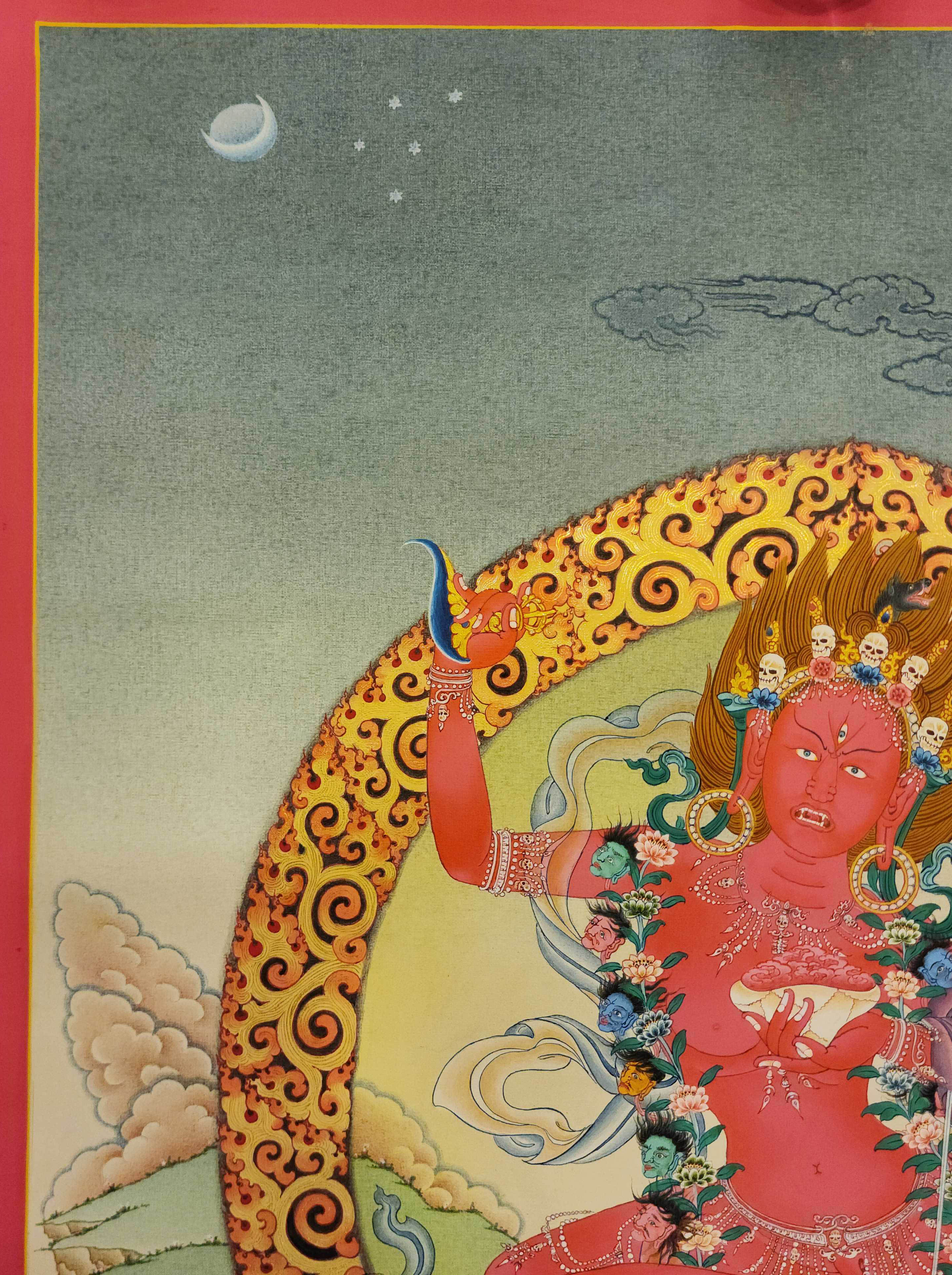 Real Gold" title="Vajravarahi - Dorje Phagmo, Buddhist Handmade Thangka Painting,
Real Gold" title="Vajravarahi - Dorje Phagmo, Buddhist Handmade Thangka Painting,  Real Gold" title="Vajravarahi - Dorje Phagmo Yogini Tibetan Hand Painted Thangka
Real Gold" title="Vajravarahi - Dorje Phagmo Yogini Tibetan Hand Painted Thangka 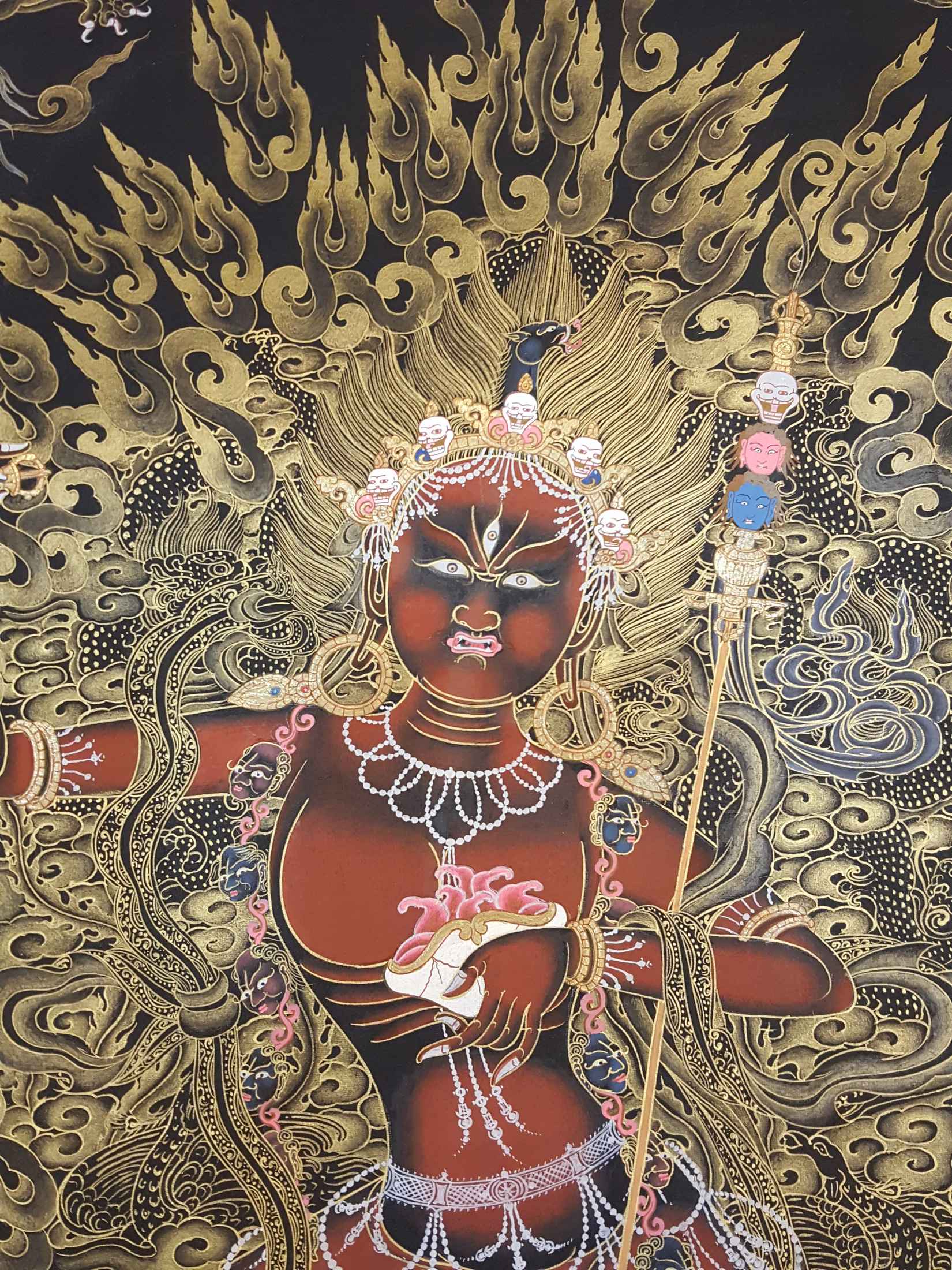 Real Gold" title="Vajravarahi - Dorje Phagmo Yogini Tibetan Hand Painted Thangka
Real Gold" title="Vajravarahi - Dorje Phagmo Yogini Tibetan Hand Painted Thangka  Real Gold" title="Vajravarahi - Dorje Phagmo, Buddhist Handmade Thangka Painting,
Real Gold" title="Vajravarahi - Dorje Phagmo, Buddhist Handmade Thangka Painting, 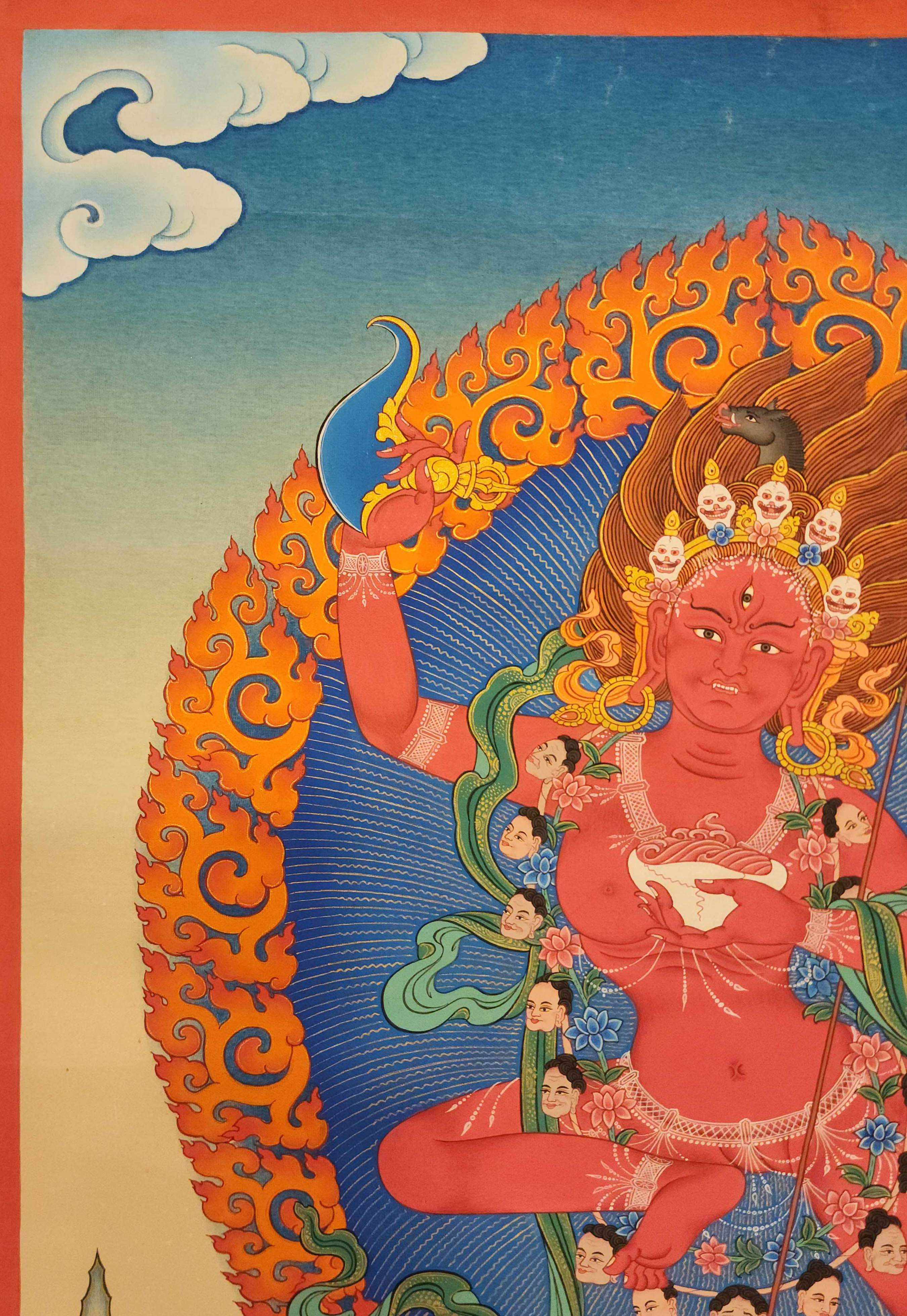 Real Gold" title="Vajravarahi - Dorje Phagmo, Buddhist Handmade Thangka Painting,
Real Gold" title="Vajravarahi - Dorje Phagmo, Buddhist Handmade Thangka Painting, 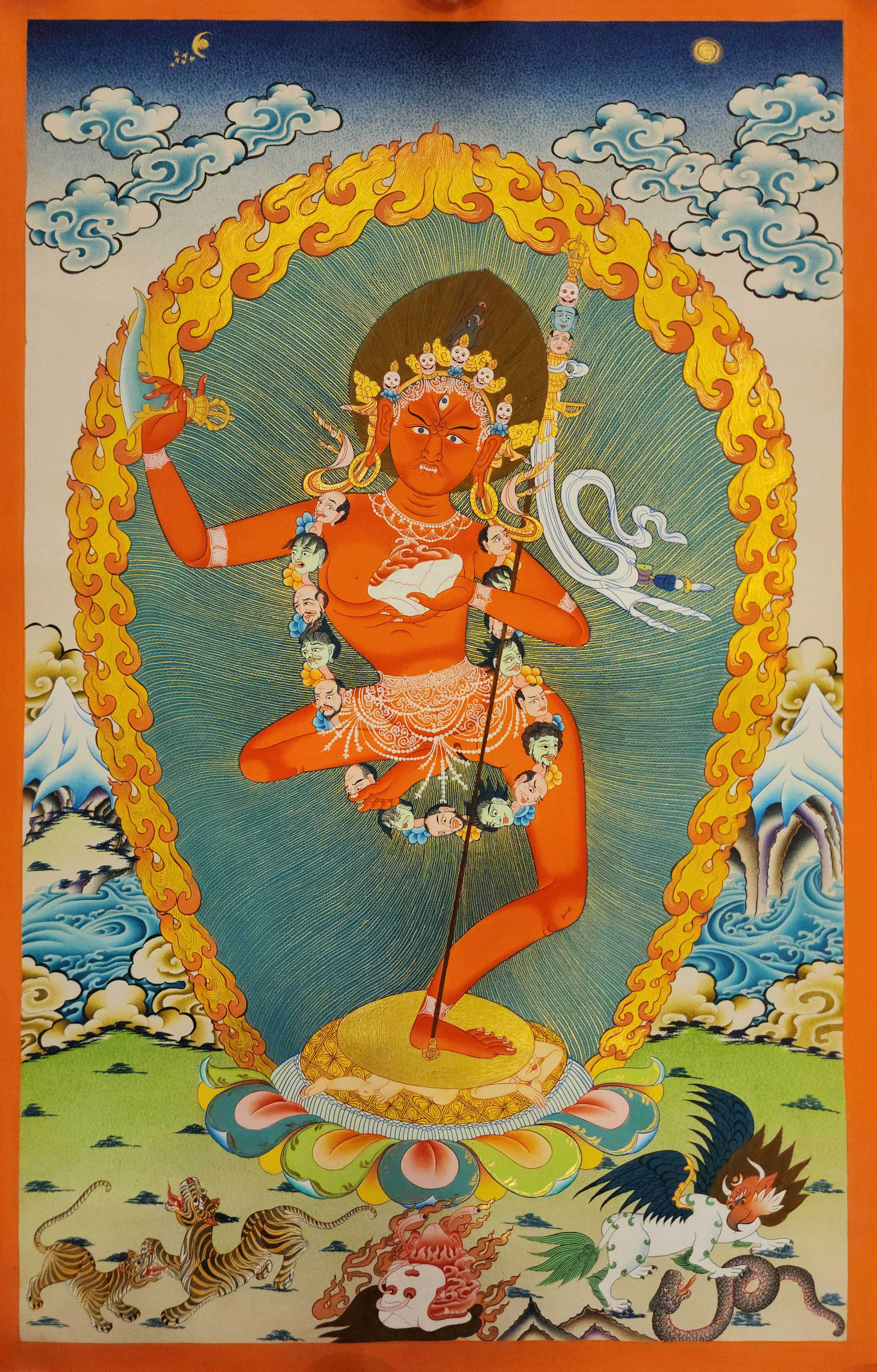 Real Gold" title="Vajravarahi - Dorje Phagmo, Buddhist Handmade Thangka Painting,
Real Gold" title="Vajravarahi - Dorje Phagmo, Buddhist Handmade Thangka Painting, 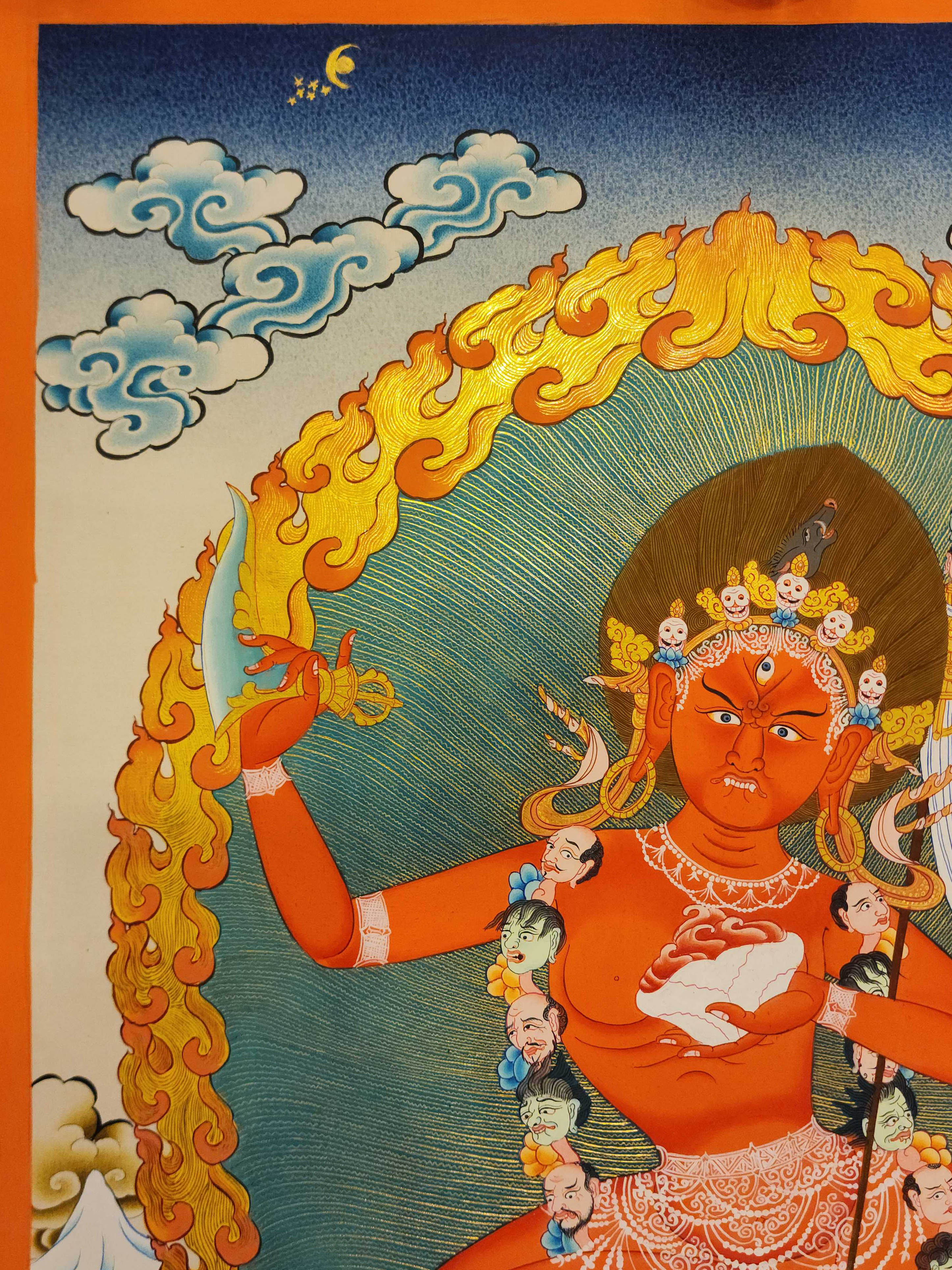 Real Gold" title="Vajravarahi - Dorje Phagmo, Buddhist Handmade Thangka Painting,
Real Gold" title="Vajravarahi - Dorje Phagmo, Buddhist Handmade Thangka Painting,  Real Gold" title="Vajravarahi - Dorje Phagmo, Buddhist Handmade Thangka Painting,
Real Gold" title="Vajravarahi - Dorje Phagmo, Buddhist Handmade Thangka Painting, 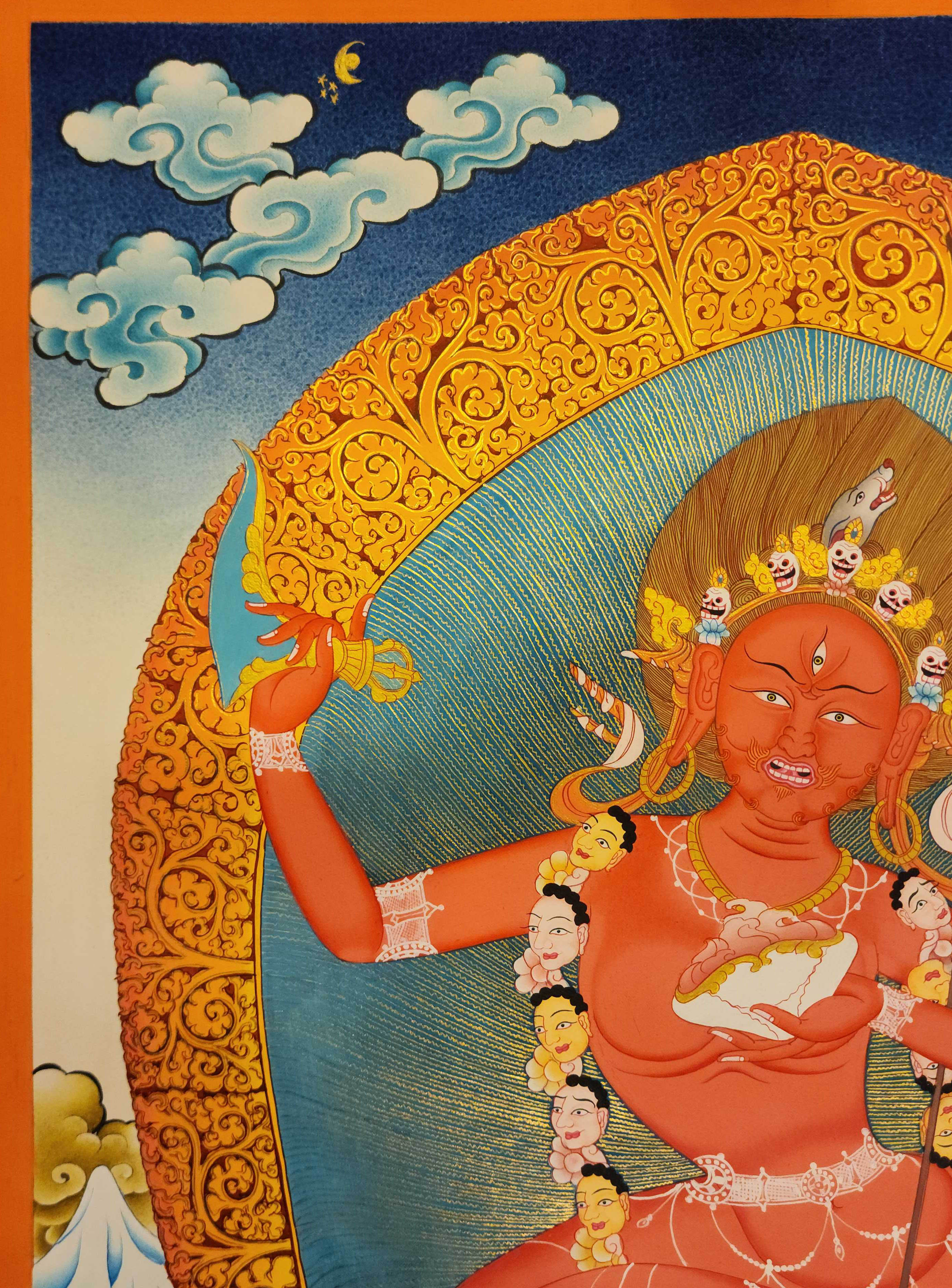 Real Gold" title="Vajravarahi - Dorje Phagmo, Buddhist Handmade Thangka Painting,
Real Gold" title="Vajravarahi - Dorje Phagmo, Buddhist Handmade Thangka Painting, 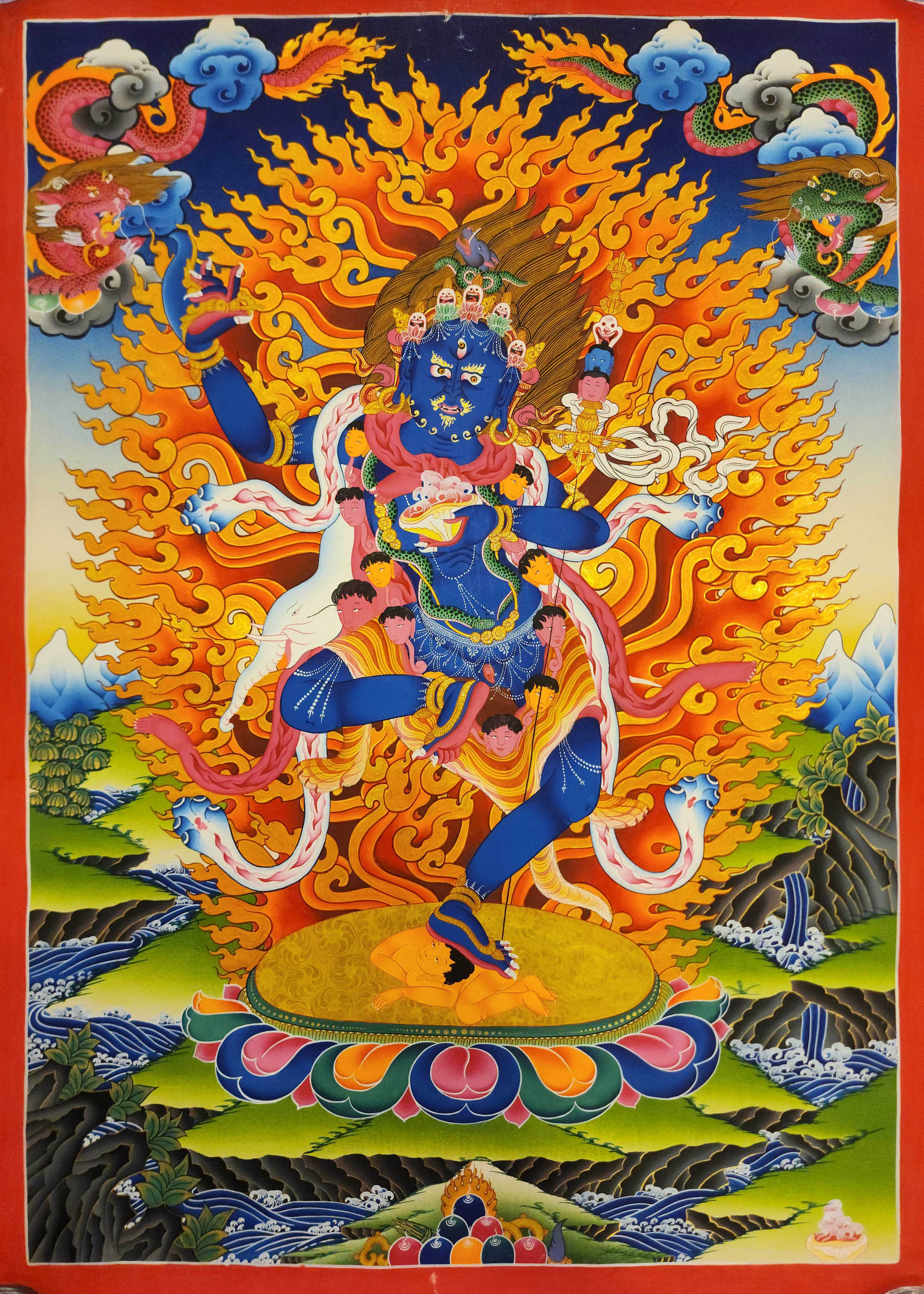 Real Gold, Guhayswari" title="Nairatmya Yogini - Dagmema, Buddhist Handmade Thangka Painting,
Real Gold, Guhayswari" title="Nairatmya Yogini - Dagmema, Buddhist Handmade Thangka Painting, 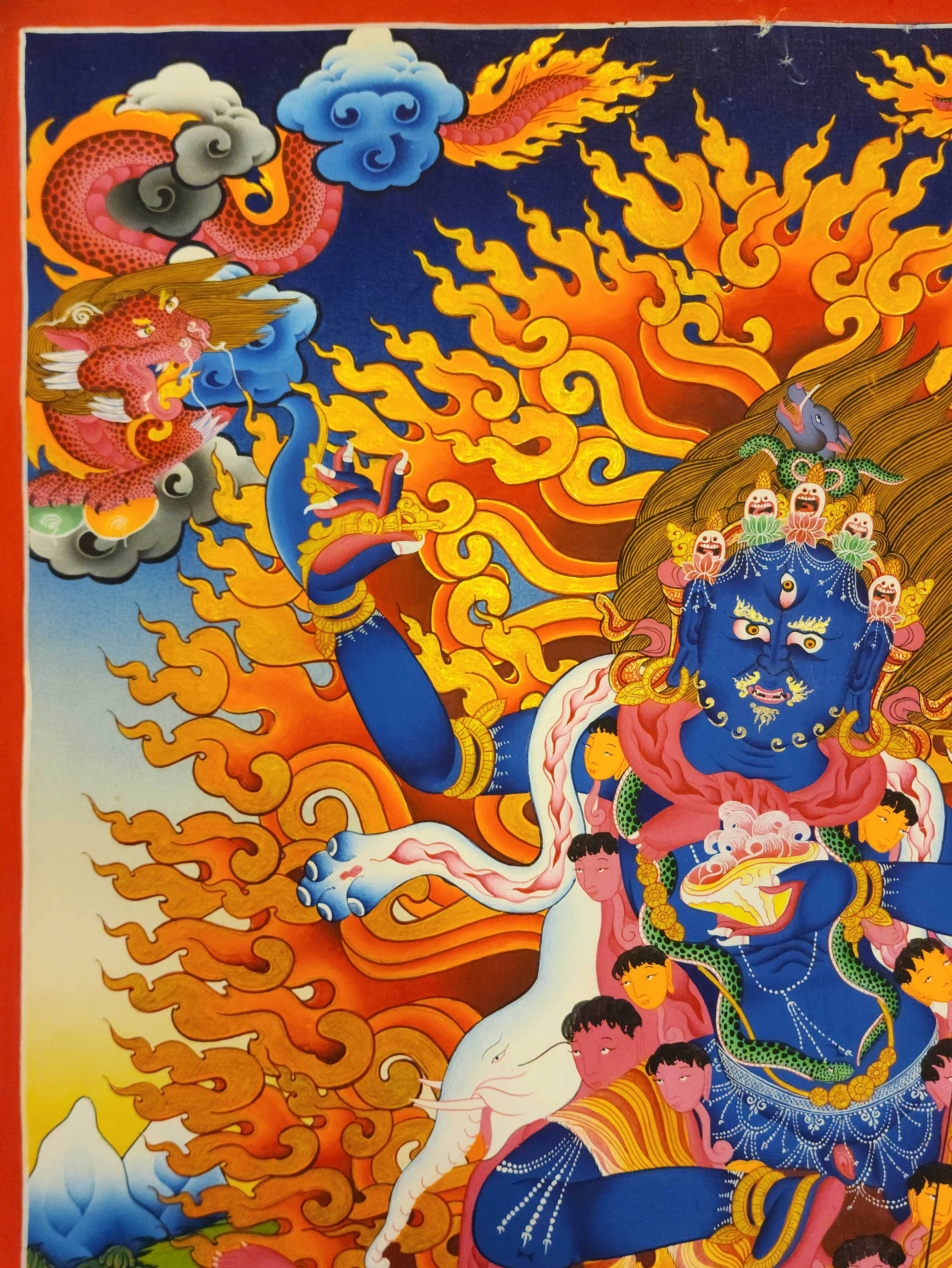 Real Gold, Guhayswari" title="Nairatmya Yogini - Dagmema, Buddhist Handmade Thangka Painting,
Real Gold, Guhayswari" title="Nairatmya Yogini - Dagmema, Buddhist Handmade Thangka Painting, 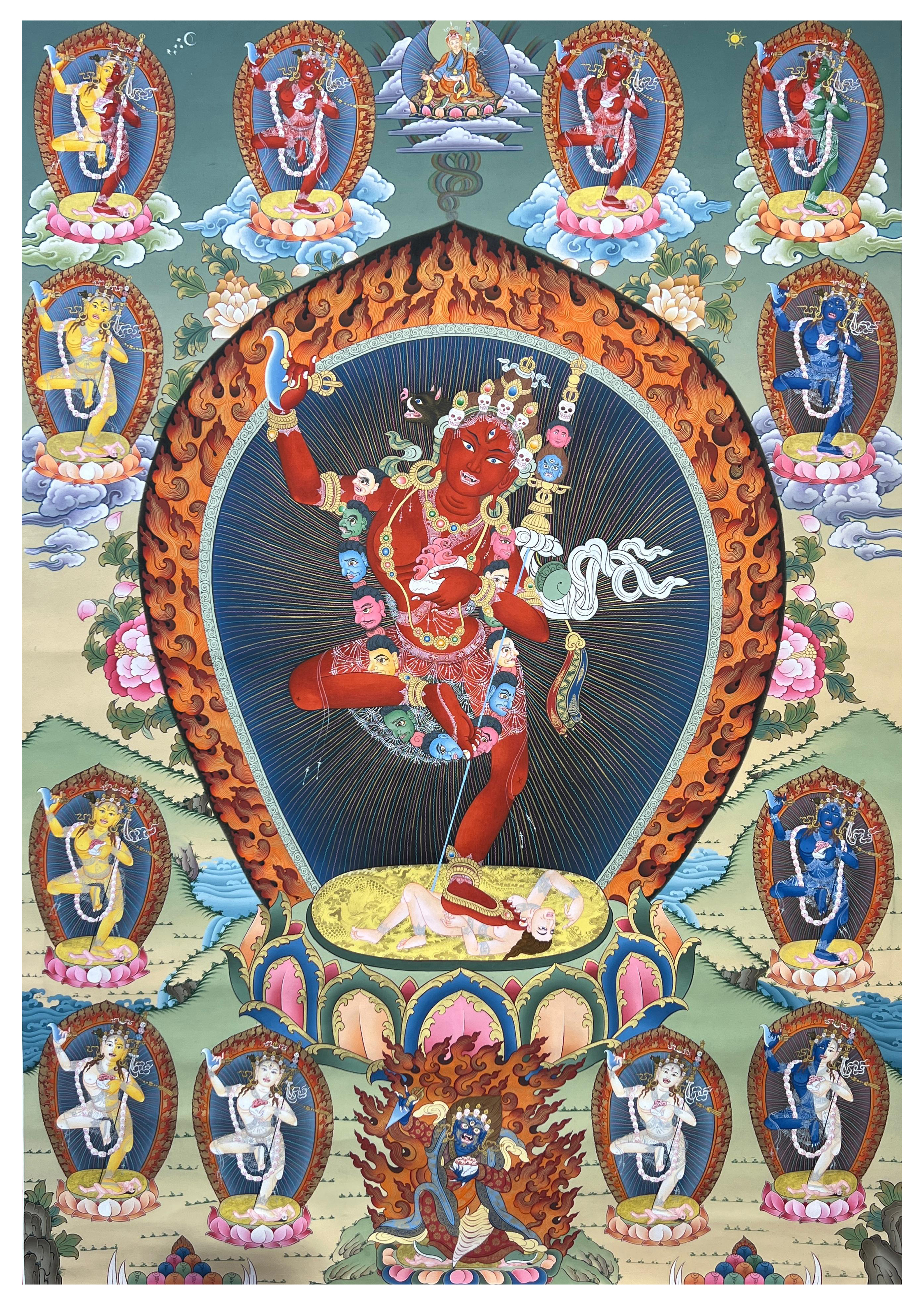 Real Gold,
Real Gold, 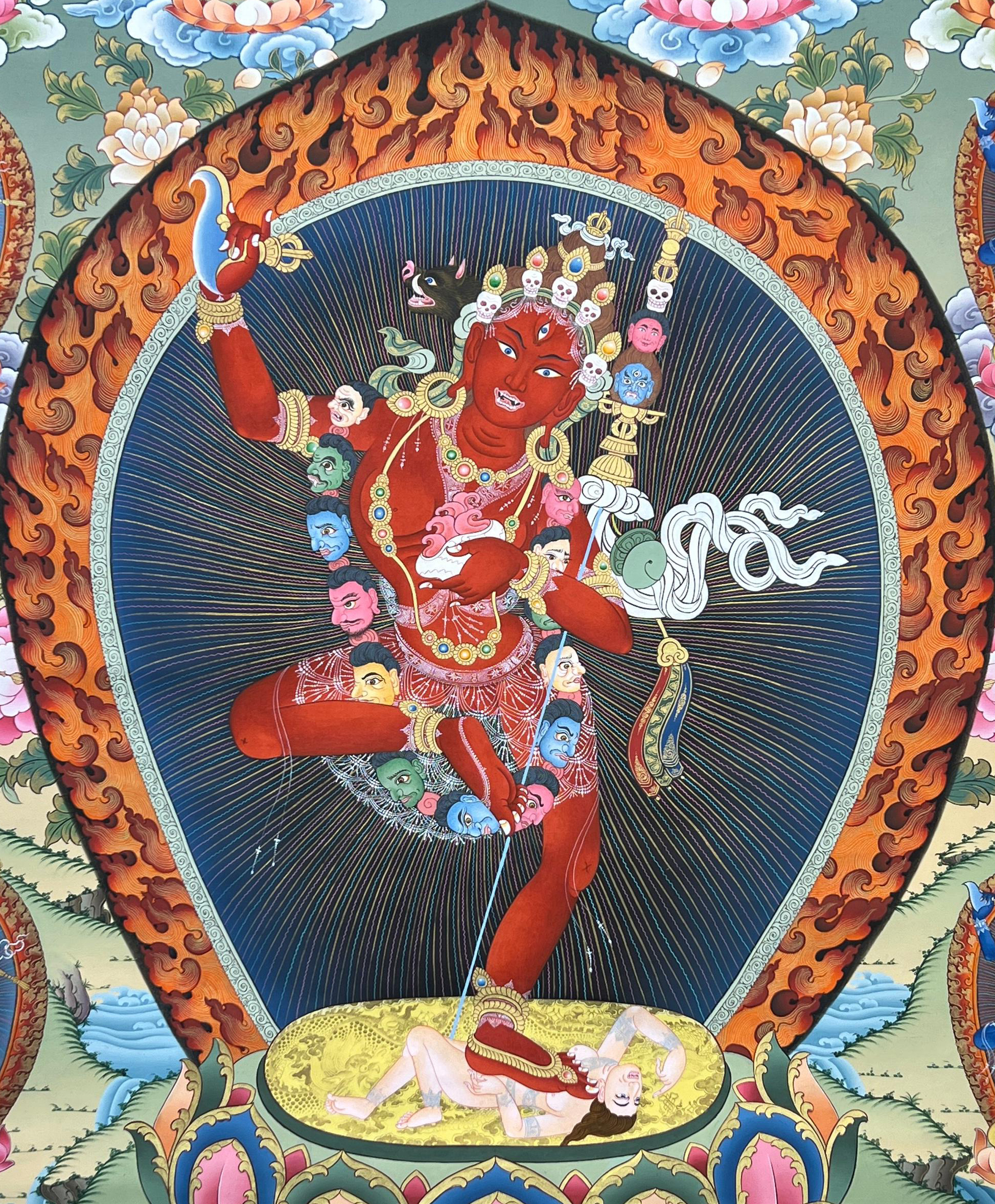 Real Gold,
Real Gold,  Master Quality Buddhist Handmadethangka Painting,
Master Quality Buddhist Handmadethangka Painting, 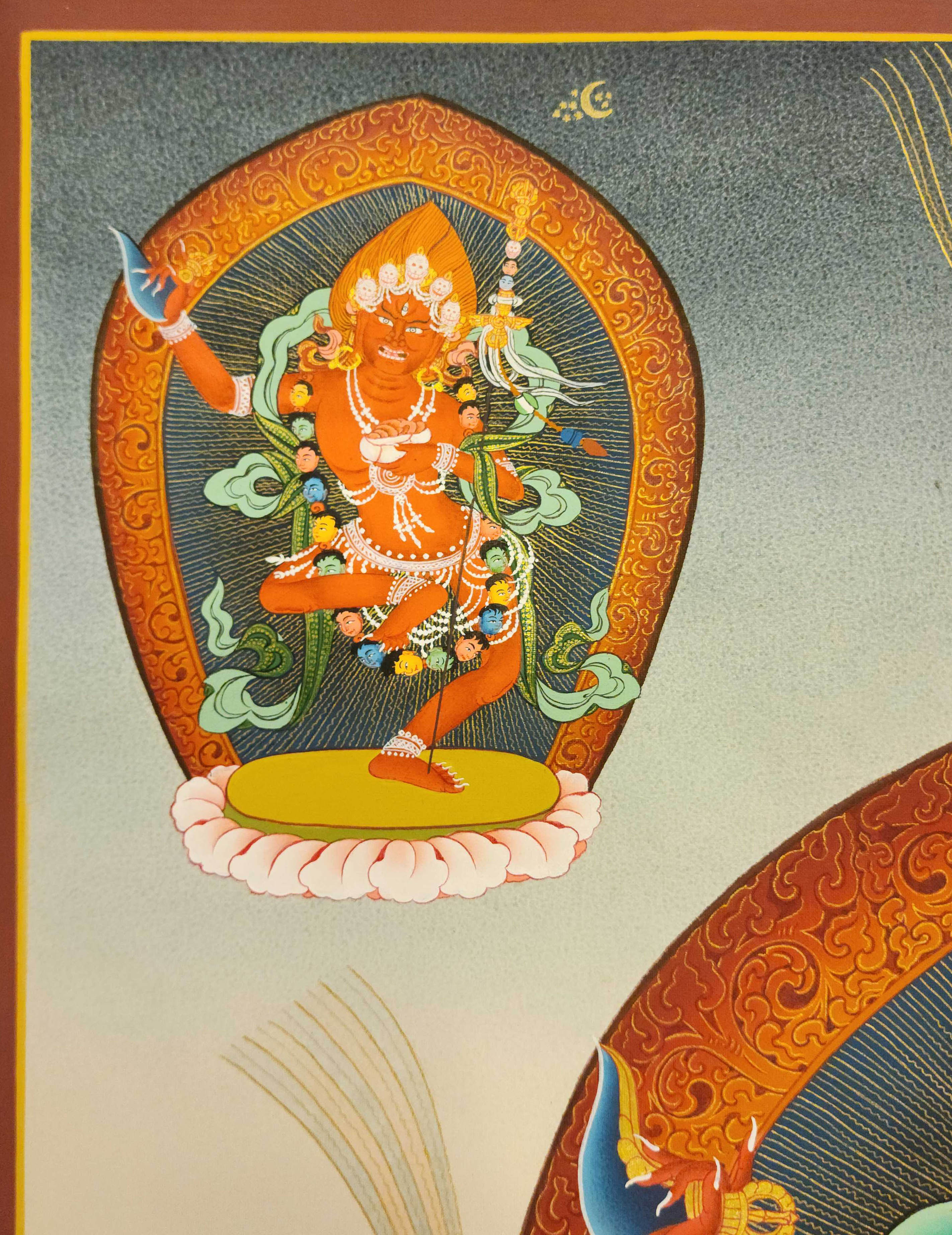 Master Quality Buddhist Handmadethangka Painting,
Master Quality Buddhist Handmadethangka Painting,  of Vajravarahi - Dorje Phagmo,
of Vajravarahi - Dorje Phagmo, 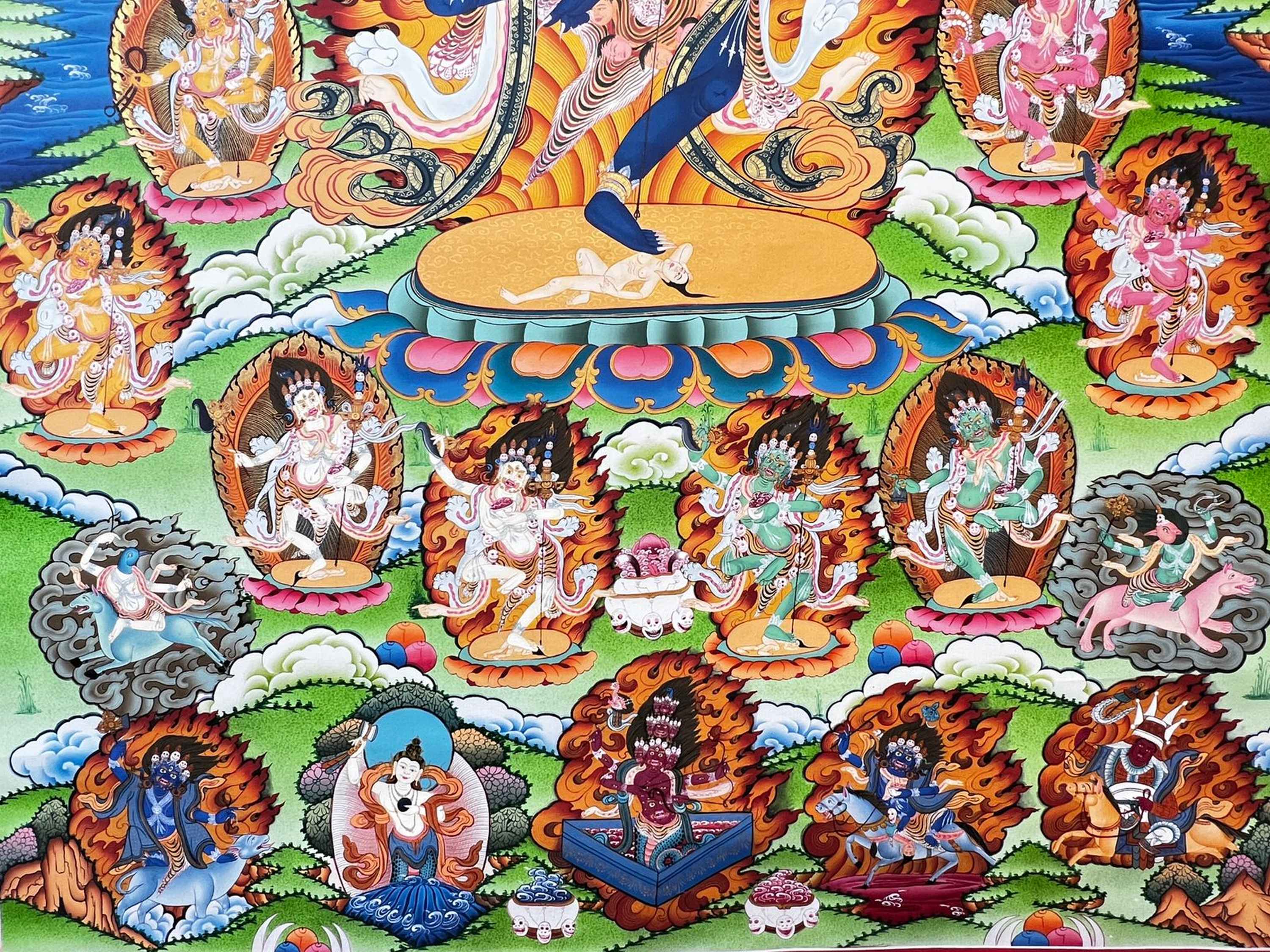 of Vajravarahi - Dorje Phagmo,
of Vajravarahi - Dorje Phagmo,